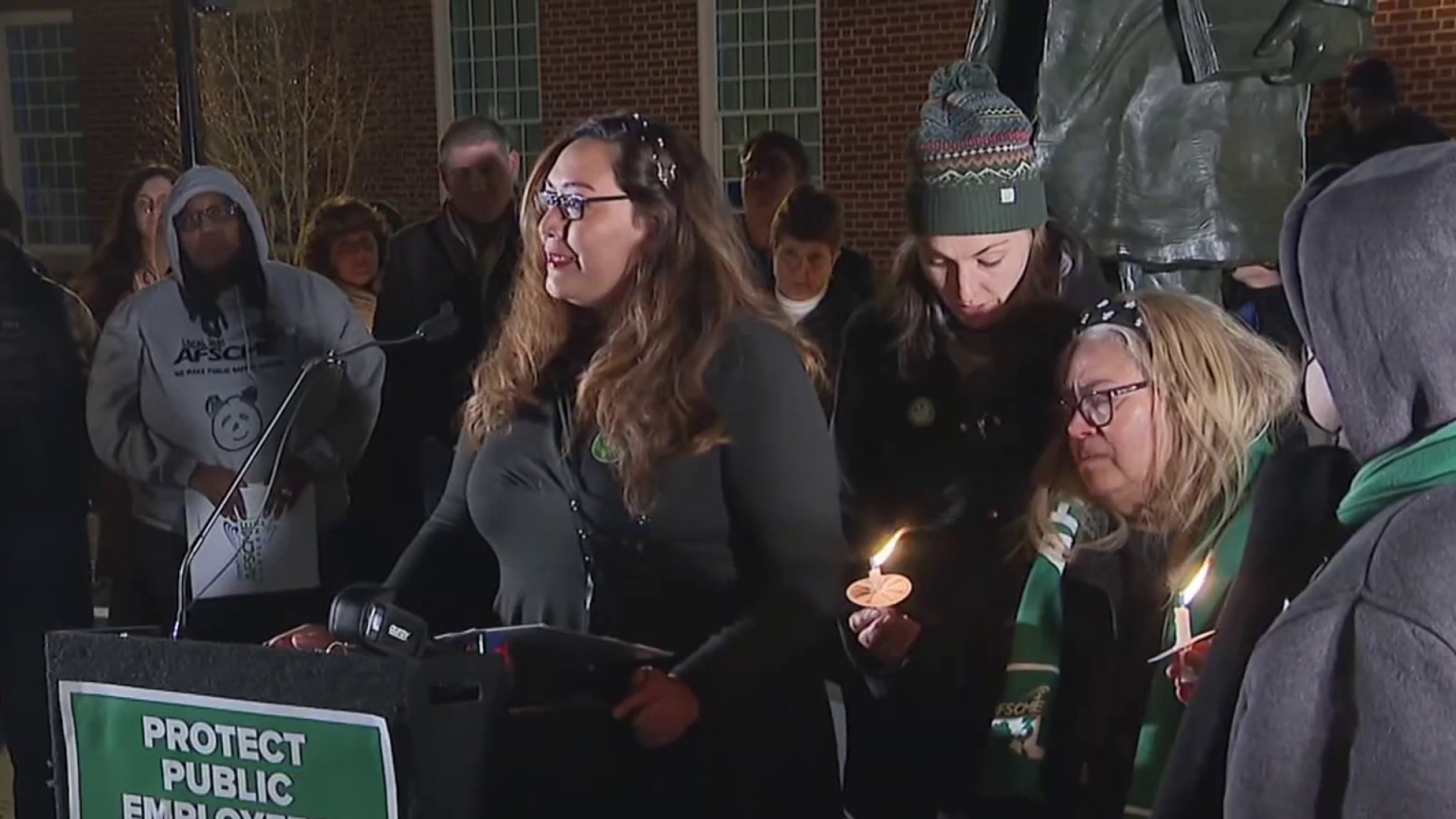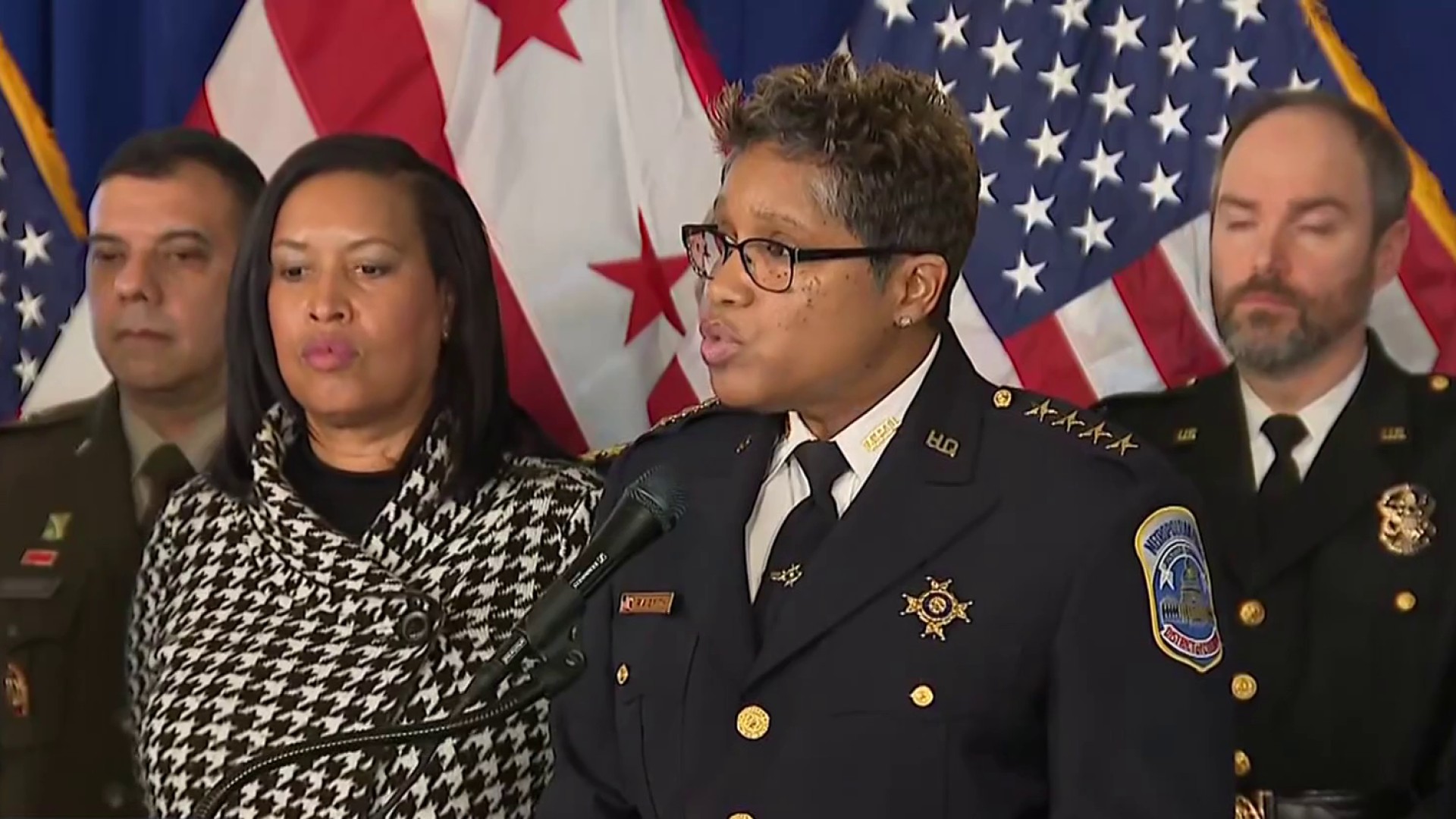While the D.C. Council considers decriminalizing small amounts of marijuana, a group of activists wants to legalize it and they want D.C. voters to decide.
The majority of D.C. councilmembers have signed on to a bill that would make having less than an ounce of marijuana a civil offense that results in a fine -- like a speeding ticket -- but some activists say that’s not enough. They want to be able to grow their own pot, and they don’t want police to have any authority over it.
“People don’t want to be harassed anymore,” said Adam Eidinger, of DCMJ 2014. “People want rights.”
Supporters of legalizing marijuana appeared before the D.C. Board of Elections Wednesday to get legalization on the November 2014 ballot for voters to decide.
D.C. Councilmember Tommy Wells, who wrote the decriminalization legislation, said his bill isn’t as much about pot as it is the 6,000 people who are getting arrested for it each year.
“About 90 percent of those that are arrested in the District of Columbia for using small amounts of marijuana are African-American,” he said. “We have an issue of social justice and also an issue of overuse of our courts, overuse of our whole justice system and police.”
Decriminalizing pot will lead to confusion, Eidinger said.
Local
Washington, D.C., Maryland and Virginia local news, events and information
“People think it’s legal, though it’s not, and the black market is just going to keep having more customers, I think, because no one is growing it for themselves, and growing it will still be an arrest-able offense,” he said.
He’s concerned the legislation the council is considering will open the door to police harassing young people at concerts and other events.
“I don’t believe growing marijuana in your home is really an issue of social justice, that’s more about legalizing the substance, and I’m not sure that our city is ready to do that,” Wells said.
“Any amount of marijuana, even a roach, a partially burnt marijuana cigarette, is a criminal misdemeanor,” criminal defense attorney Paul Zukerberg said. “Means you get arrested, your name is entered into the national criminal database, you have to go to court, hire a lawyer, and you face jail time. These are things that are permanently on your record so when you’re looking to get a job.”
“It’s a barrier to getting jobs,” Wells said. “Sometimes it’s a barrier to housing, a barrier to getting student loans.”
DCMJ proposed making possession of less than two ounces or growing up to three plants civil rather than criminal offenses, punishable by fines up to $100 assessed by alcohol regulation authorities, prohibiting police from arresting or detaining those in violation in most circumstances.
Attorney General Irv Nathan found a provision requiring offenders under the age of 18 to attend a drug awareness program violates a city restriction preventing ballot items from appropriating taxpayer funds, The Washington Post reported. He also said adding marijuana offenders to the groups protected by D.C.’s Human Rights Act could be a financial liability for the city and possession would remain illegal under federal law and he is unaware of a statute allowing the council to prevent police from arresting individuals in violation of federal law.
So DCMJ pulled the proposal and will submit a new one, possibly this week, Eidinger said.
The bill to decriminalize marijuana is expected to pass the council later this year and could be law by early 2014 – about the same time voters could be asked if smoking pot should be legal in the nation’s capital.



